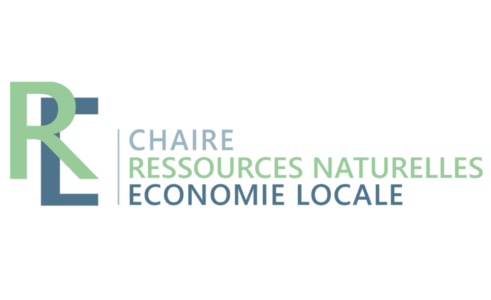Séminaire Chaire RENEL – Clément Nédoncelle (Université Paris-Saclay).

Le 06/04/2023
De 10:30 à 12:00
Détails de l'événement :
La chaire RENEL (Ressources Naturelles et Economie Locale associée au BETA a le plaisir de vous inviter au séminaire du jeudi 6 avril.
Nous aurons la chance d’écouter Clément Nédoncelle (Université Paris-Saclay).
Il nous présentera en salle du séminaire à Nancy son papier intitulé « Are environmental provisions of Regional Trade agreements effective in mitigating natural resource depletion? Evidence from fisheries » Ce papier a été co-écrit avec Basak Bayramoglyu, Estelle Gozlan et Thibaut Tarabbia.
Inscription par mail auprès de Monsieur LIGONNIERE Samuel : ligonniere@unistra.fr
Ce séminaire à 10h30 se terminera à 12h par un buffet ouvert à tous les participants. Le séminaire est hybride, avec le lien zoom ci-dessous.
Sujet : Séminaire RENEL
Heure : 6 avr. 2023 10:30
https://cnrs.zoom.us/j/92074598569?pwd=YjV4NU1aT3ZFWndoaVAzNW5qUkFoUT09
ID de réunion : 920 7459 8569
Code secret : Pz6DUx
Abstract:
The last decades have witnessed an increase in both the number of Regional Trade Agreements (RTAs) and in their depth, as their reach has extended far beyond trade policy. In particular, post-NAFTA agreements tend to include provisions related to various environmental objectives. The effectiveness of such provisions on environmental outcomes is sometimes questioned because many of them are not binding. Recent advances in the inventory and typology of existing provisions have allowed the economic literature to assess their impact on the level of polluting emissions or on deforestation. This article aims at measuring the impact of environmental provisions on the state of fish stocks. The potential endogeneity of fishery-related provisions is controlled with a difference-in-differences (DID) propensity score matching method. Using data on the state of fish stocks, and a recent database of environmental provisions included in all trade agreements signed since 1947, we estimate the impact of both signing a free trade agreement, and of the fishery-related provisions on the state of fish stocks for 726 RTAs signed in the period 1947-2018. Our results suggest that while trade agreements tend to worsen the state of fish stocks, the presence of fishery-related provisions tends to offset this negative outcome among the signatory countries. We explore the type of provisions driving this effect and discuss potential mechanisms.






